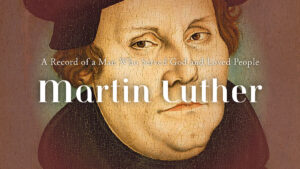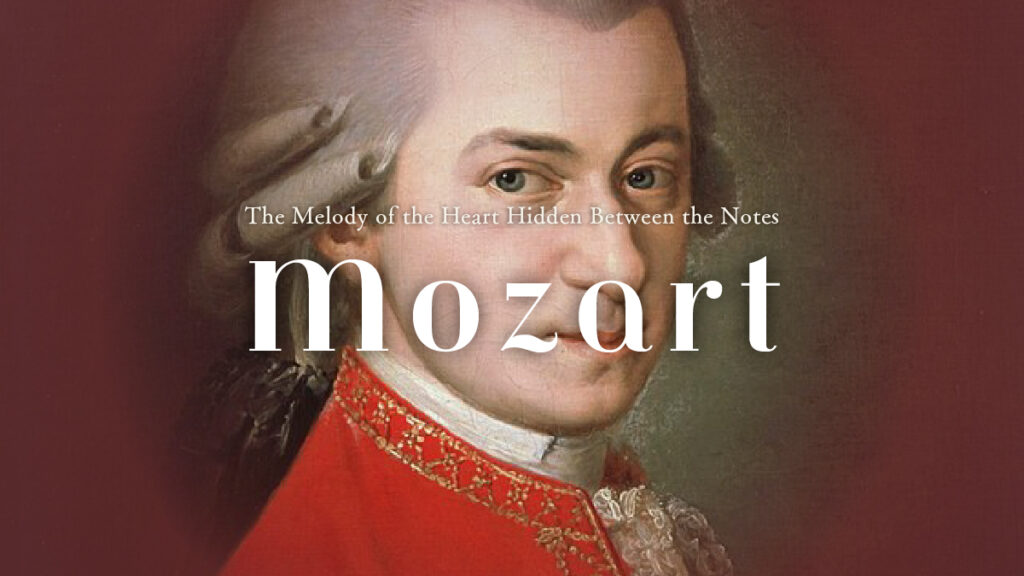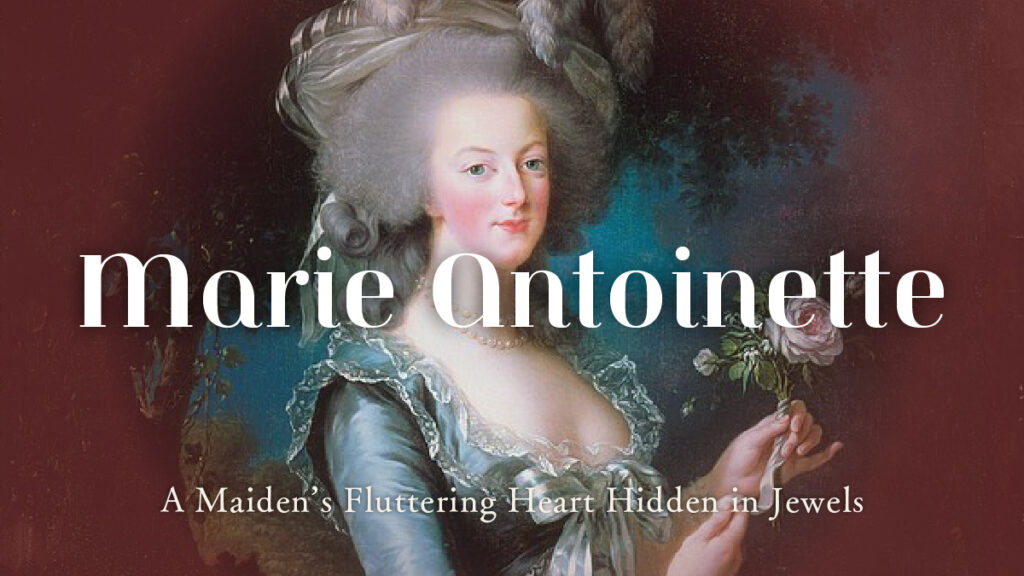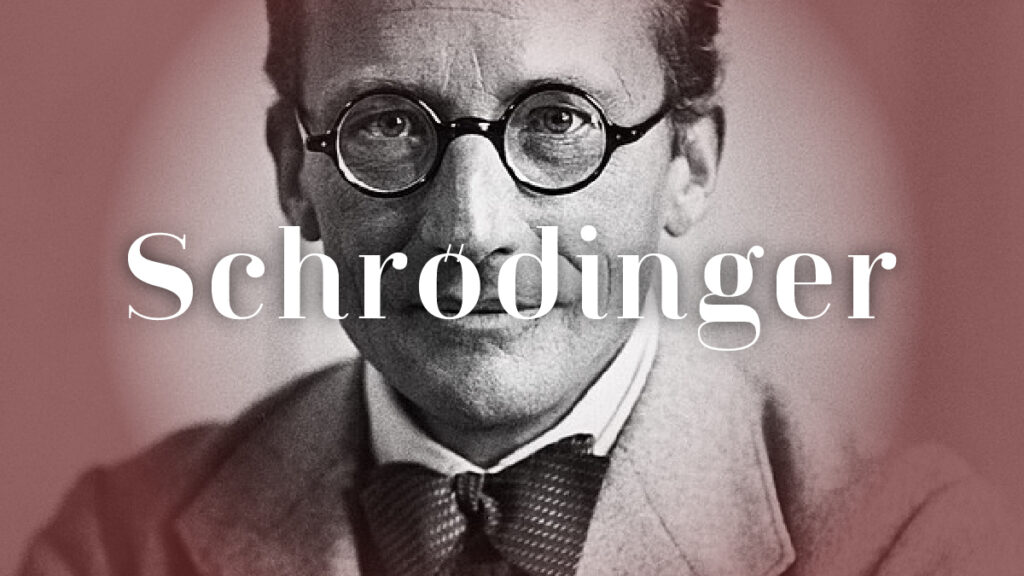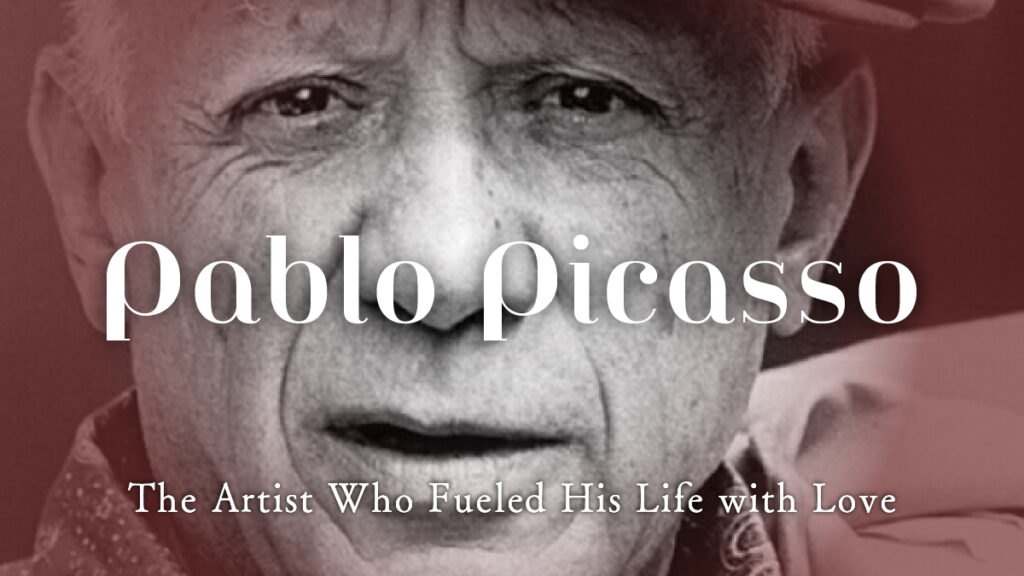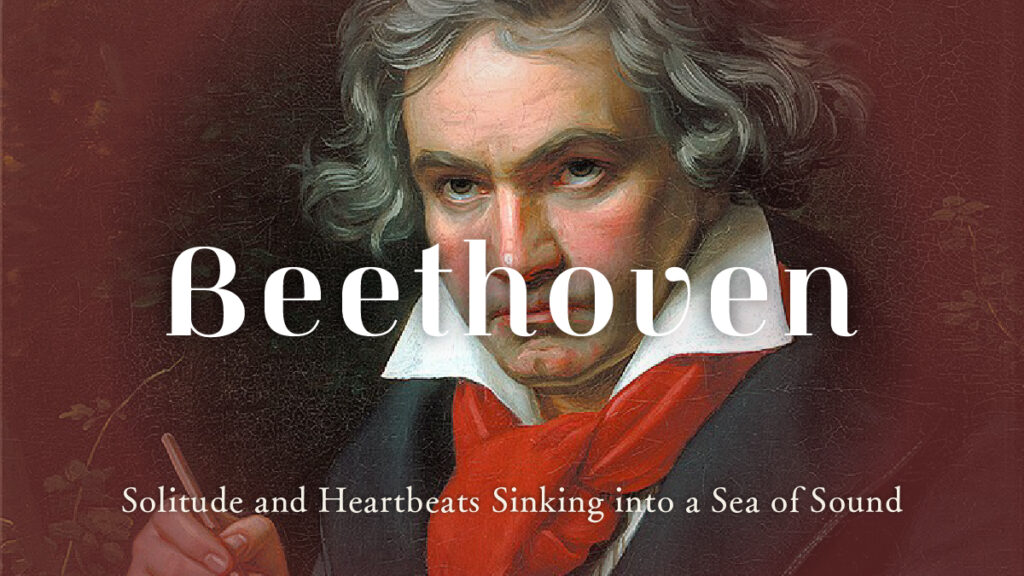Shakespeare’s View of Love|What Secret Love Hid Behind the Bard’s Words?

William Shakespeare.
A man who lived between poetry and drama, and captured the human heart between mask and truth.
Think of Romeo and Juliet, or Hamlet.
In his stories, love is always sharp as a sword, sweet as wine, and as perilous as poison.
But—
What of the man who wrote such love?
Who did he love beyond the stage?
What wounded him in silence?
This is an attempt to gently touch the blank spaces surrounding Shakespeare’s philosophy of love—
not in what he declared, but in what he left unsaid.
Youth in Stratford-upon-Avon
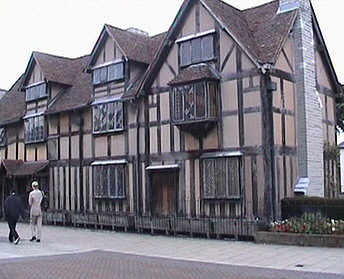
Surrounded by Words—and Loneliness
Shakespeare was born in 1564 in the town of Stratford-upon-Avon in central England.
His father, a glove maker and a respected citizen, fell into financial hardship in later years.
Though he was educated in Latin and classical literature at a grammar school, he never attended university.
He studied the world not through degrees, but with ears, eyes, and heart.
Little is known of his youth, but one imagines a boy surrounded by market chatter and the scent of paper—
a young man whose only home was in words.
A Youthful Marriage and the City Where Words Bloomed
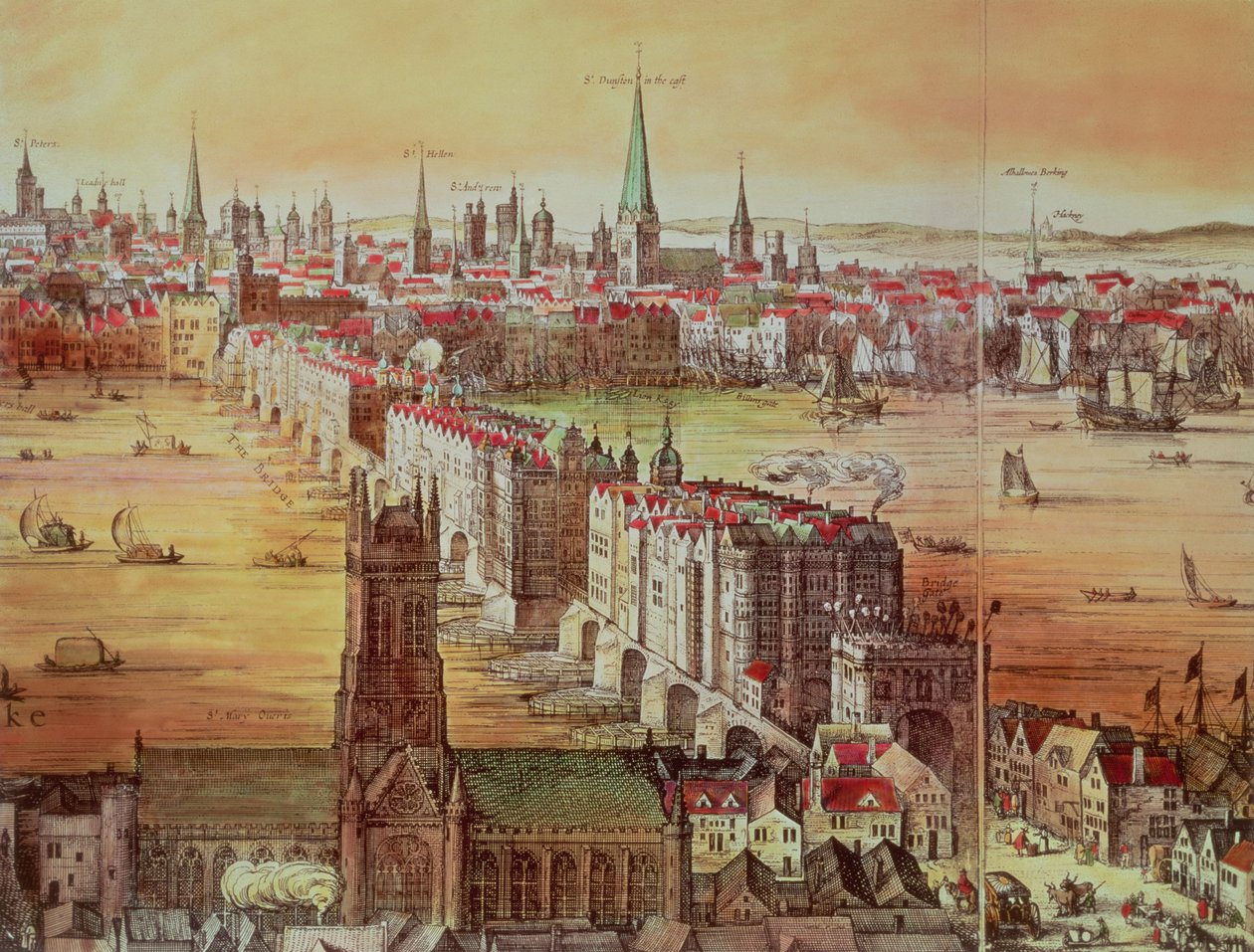
Marriage at 18
Shakespeare married only once in his life—
to Anne Hathaway.
He was 18; she was 26.
Anne came from a prosperous farming family in Shottery, near Stratford.
Though little is recorded of their meeting, the families likely knew one another.
Their courtship is unclear, but their first child, Susanna, was born just six months after the wedding.
It was, by all signs, a marriage prompted by pregnancy.
Perhaps it was more about duty than love.
It’s no coincidence that happy marriages are rare in Shakespeare’s plays.
Little remains of their married life, but we know that long periods of separation followed, as Shakespeare poured his passion not into family, but into language.
The City of Theatres and Desire
In his mid-twenties, Shakespeare moved alone to London.
The capital was thriving under Queen Elizabeth I.
Theatre and the arts flourished; from nobles to commoners, all were swept up in the excitement of the stage.
In the alleys, poets and actors argued passionately.
In the pubs, over pints of ale, future masterpieces were born.
Within this humid and boisterous world, Shakespeare sharpened his words and walked the line between desire and artistry.
Some say he had multiple lovers in London.
But he didn’t expose them openly—
his trembling heart whispered only between the lines of his verse.
Betrayal, jealousy, flames of passion—
perhaps it was stormy, disordered love, not quiet domesticity, that fueled his creativity.
It was during this period that sensuality deepened in his work.
He released poems like Venus and Adonis and The Rape of Lucrece, intertwining sex and death.
What is love?
What is pleasure?
What is a woman?
Shakespeare experienced these questions behind the curtain—then wrote them into being.
Phantoms of Love That Linger in Verse

The “Dark Lady” of the Sonnets
The “Dark Lady” of the Sonnets
In Shakespeare’s sonnets appears a mysterious figure: the “Dark Lady.”
She is sensual, with black hair—beautiful, but cruel.
She provokes desire, betrays trust, and yet the poet is irresistibly drawn to her.
“Leave me—still, I seek you.”
Such sentiments echo throughout the sonnets.
Some say she was a Black woman, others say she was married, or simply an idealized fantasy.
More intriguingly, many interpret her as having had an affair with the “Fair Youth” who also appears in the sonnets.
In this reading, Shakespeare himself is the narrator caught in a love triangle—
betrayed, obsessed, yet still loving.
What’s clear is that she inhabited his heart as a symbol—
a tangled fusion of love, sex, and sin.
Poems to the Beautiful Young Man
The first half of the sonnets is dedicated to a noble young man—youthful, noble, and strikingly beautiful.
To him, Shakespeare expressed more than friendship.
“Your eyes dazzle me more than the stars at night.”
Such lines suggest emotional intimacy, even romantic longing.
The identity of this “Fair Youth” remains debated,
but the presence of same-sex affection in the poems is undeniable.
Some scholars believe the Dark Lady and the Fair Youth had a relationship themselves,
and that Shakespeare—through the sonnets—describes the pain of being betrayed by both at once.
Love, jealousy, desire, grief—woven in a web of complexity.
Love Needs No Name
Shakespeare loved women—and he was drawn to men.
Some loves were pure, others sensual.
Sometimes light, sometimes deep—
But always, he gave love a shape through words.
Perhaps it was a kind of prayer—
a way to confront the nameless desires that roiled inside him.
Indeed, his plays often revel in the ambiguity of love.
In Twelfth Night and The Two Gentlemen of Verona,
women disguised as men are loved by men,
blurring the lines of gender and desire.
These themes reveal a fluid understanding of identity—
a quiet, instinctive sensitivity that lived within him.
Loss and Stillness
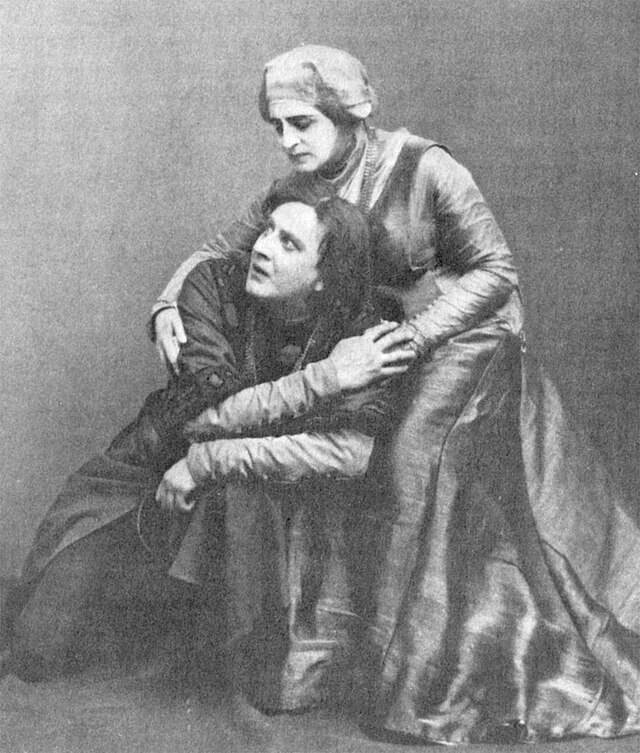
The Grief in Hamlet
Shakespeare had three children with Anne:
Susanna, and twins Hamnet and Judith.
But Hamnet died at age 11—
a loss that cast a long shadow over Shakespeare’s life.
It was the summer of 1596. The plague was spreading, but no detailed record of Hamnet’s death remains.
Eleven—an age full of dreams.
His death came far too soon.
Some say Shakespeare was writing in London at the time. Others believe he rushed home.
Either way, the sorrow silenced his pen for a while.
Anne, too, must have grieved in wordless pain.
Even if there was no passion between them, surely they shared the heartbreak of a parent.
Hamlet is a tragedy about a prince who loses his father and teeters between madness and vengeance.
But beneath that is a story of familial loss—and the aching search for meaning.
“To be or not to be”—a question only those who have known loss can ask with full weight.
Some scholars believe the similarity of names—Hamlet and Hamnet—is no accident.
If he named the prince after his son,
then the play is both a poet’s requiem and a father’s silent cry.
What Remained After the Curtain Fell
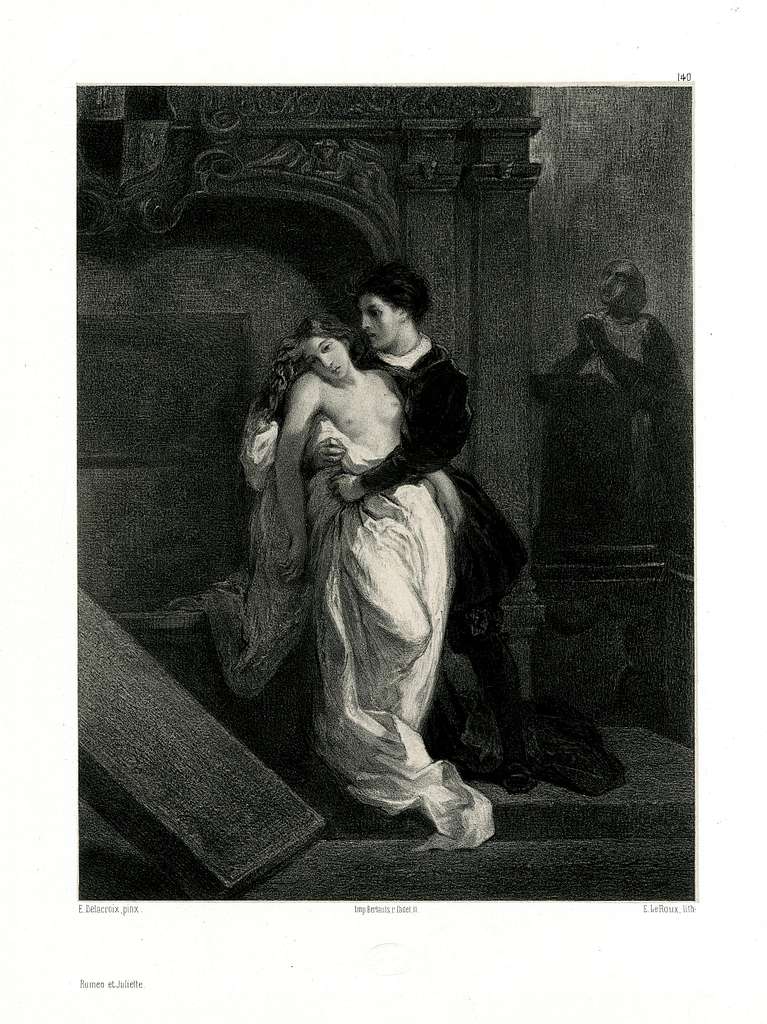
Shakespeare’s Final Years in Stratford
Later in life, Shakespeare returned to his hometown.
He distanced himself from the theatre’s glamour and lived quietly in Stratford.
He remained close to his daughters, especially Susanna, to whom he left most of his estate.
Even beyond the stage, he fulfilled his duties as a father—with affection, if not flamboyance.
There is little to suggest deep intimacy with Anne.
In his will, he famously left her “my second-best bed.”
Some argue this was a final slight.
Others say it was the bed they shared—more intimate than the guest bed.
A quiet kindness rather than a bitter joke.
This “second-best bed” has sparked countless interpretations.
It lingers as a final, cryptic line in the story of their relationship.
He Left Only Words
Shakespeare died in 1616, at age 52.
His passing was not dramatic—
just a curtain quietly falling.
But in the plays and poems he left behind,
the man Shakespeare—the one who wept in love, drowned in desire, and searched for truth—still breathes.
What is love?
What is lust?
What is forgiveness?
What is loneliness?
He kept asking.
And instead of answers, he left us stories.
Those stories still light a gentle flame of love within our hearts.
What does “a love that only words can touch” look like—for you?
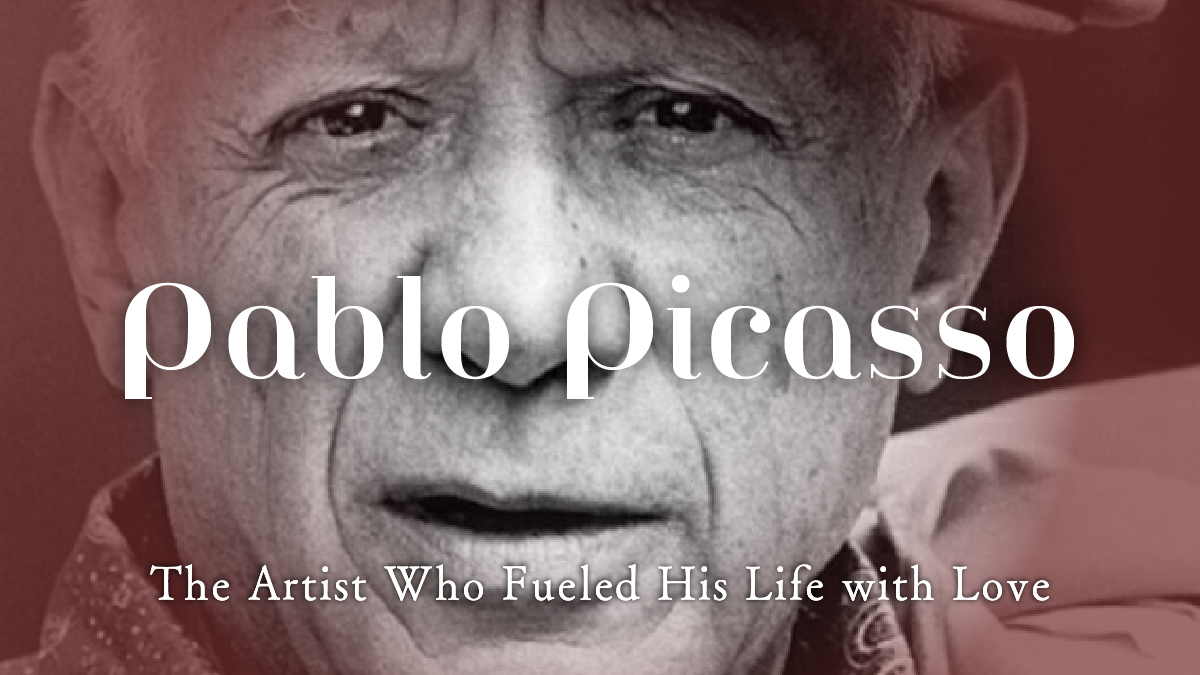



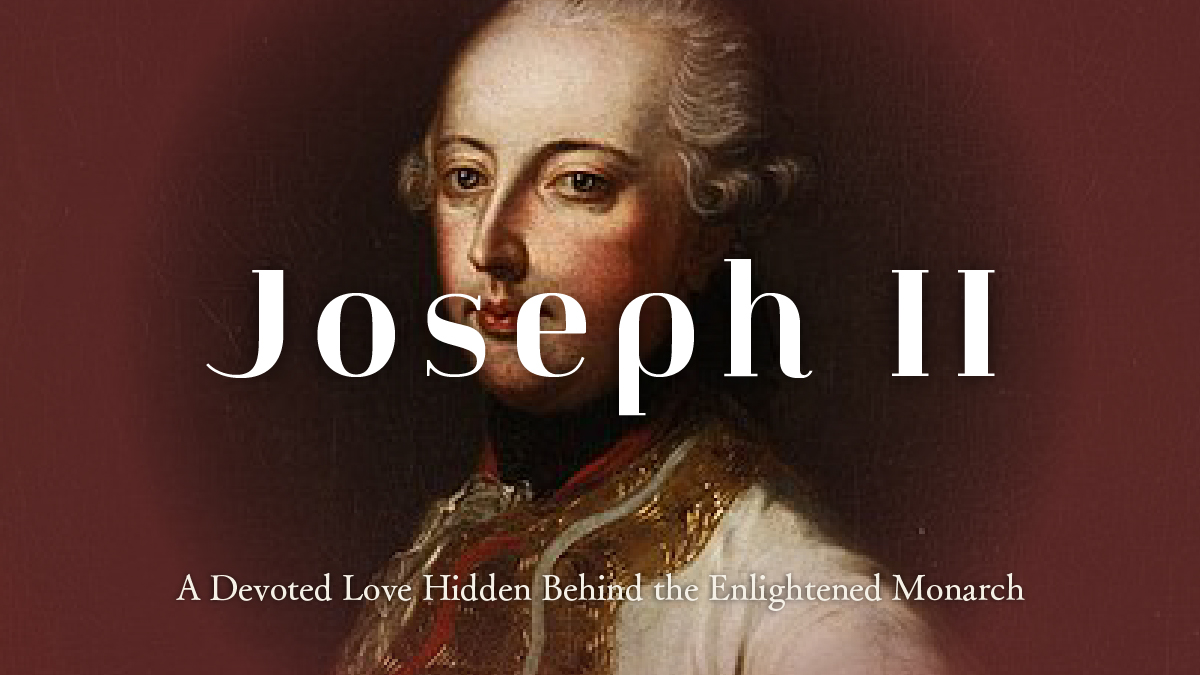
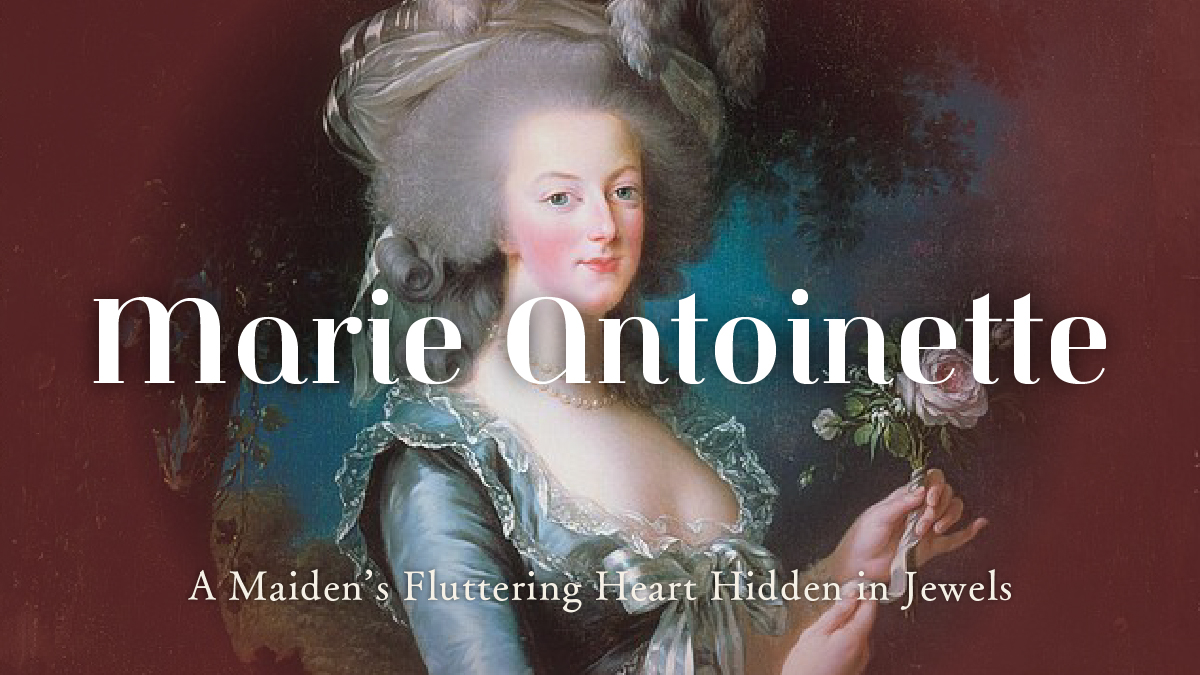
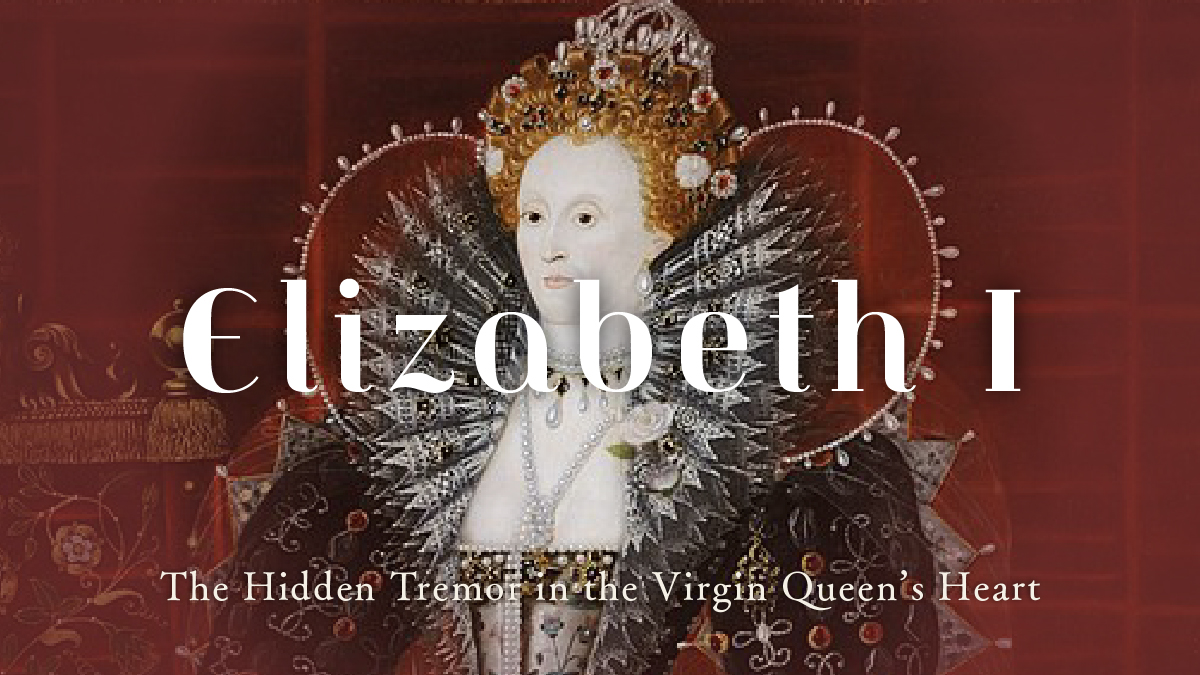

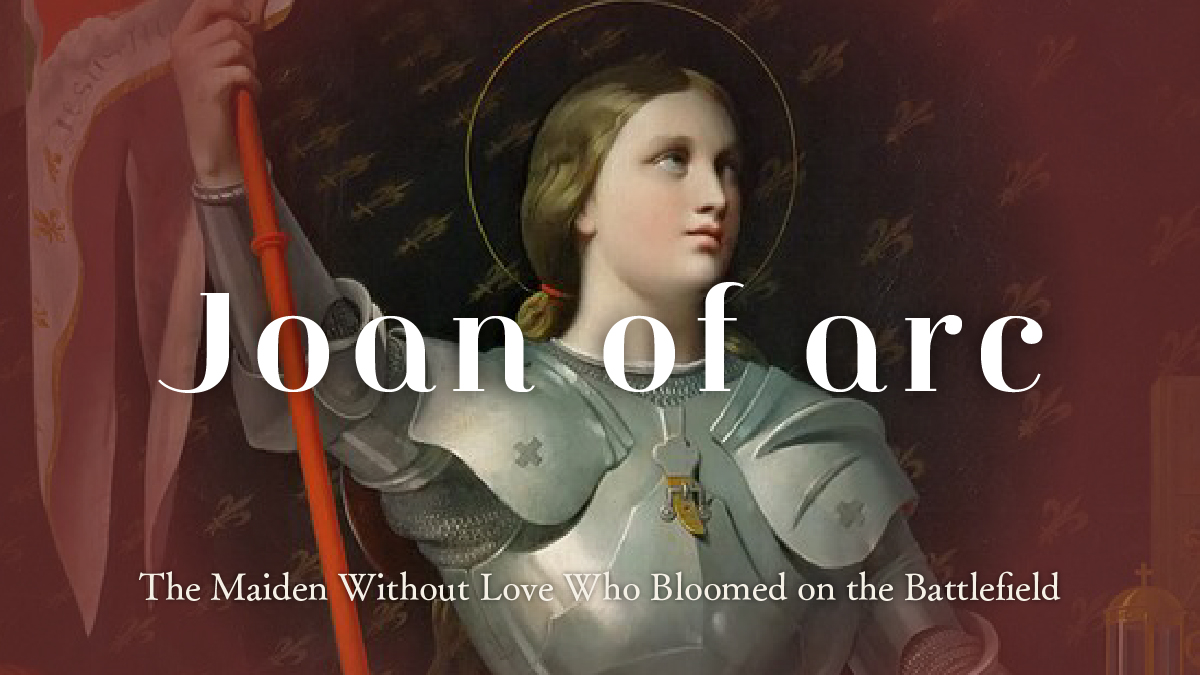


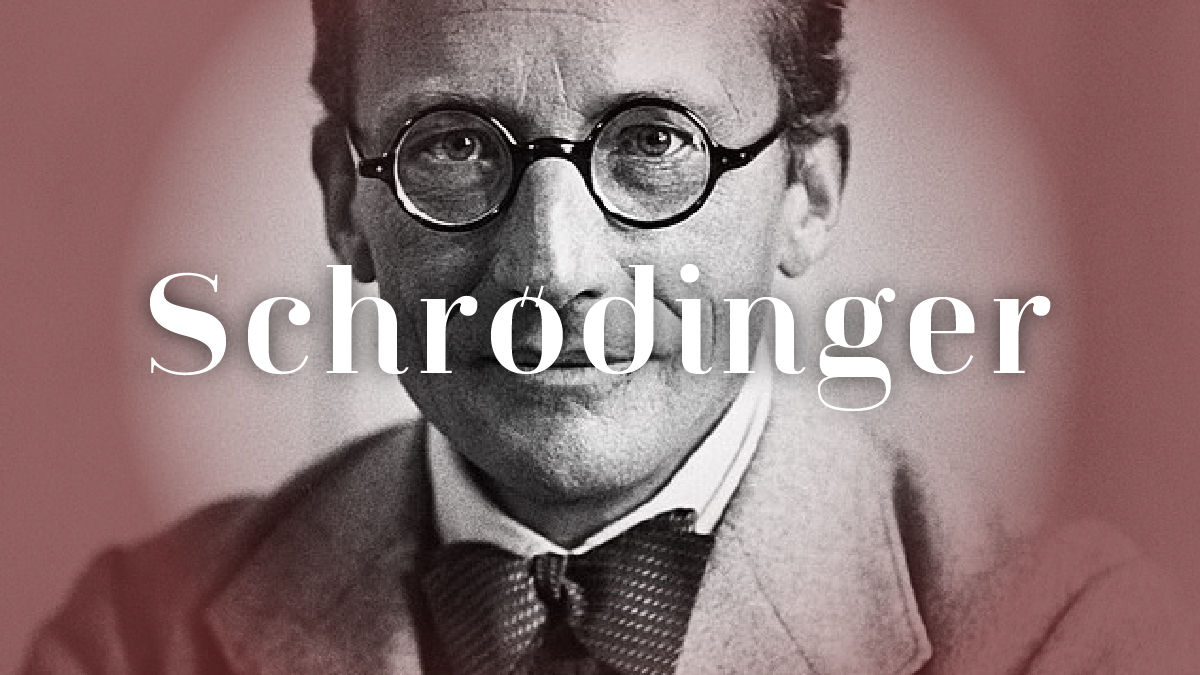

 日本語
日本語
